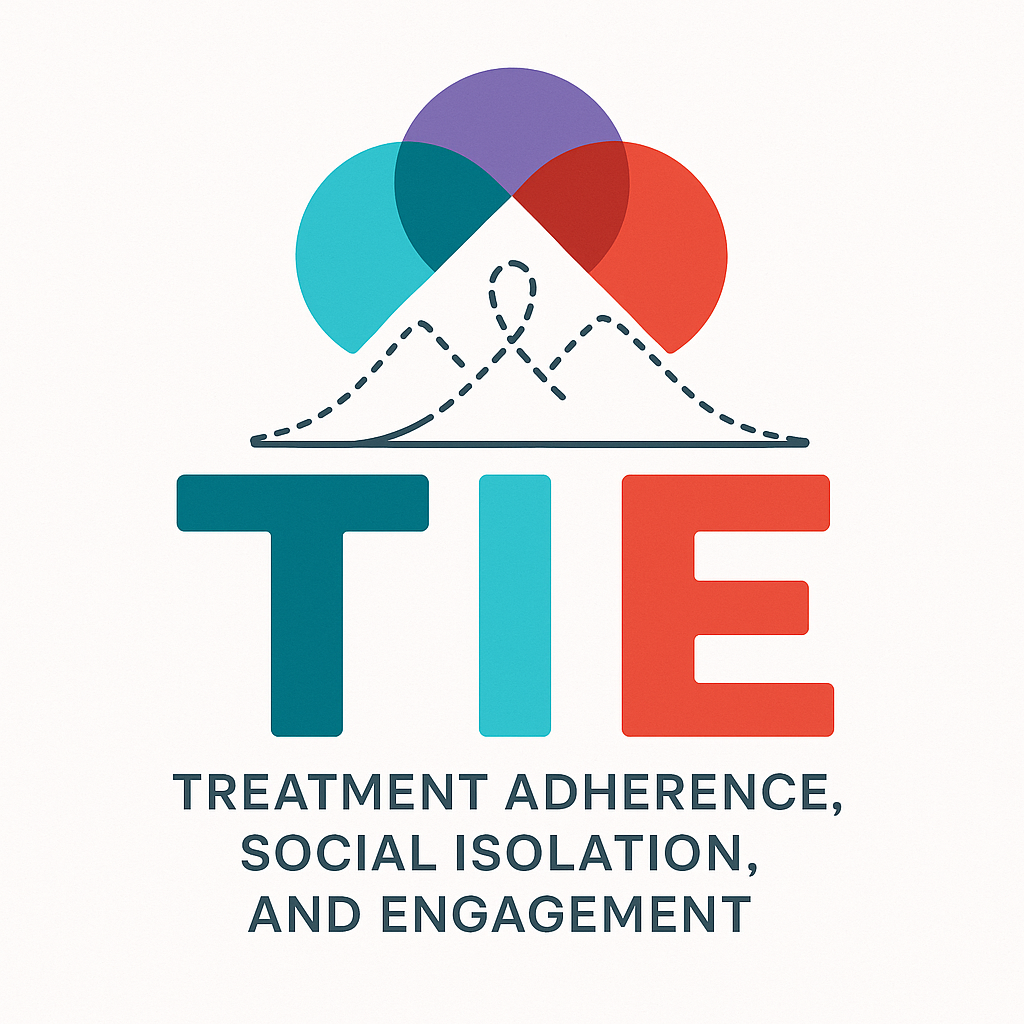Background
Social isolation can have serious impacts on the health and wellbeing of people living with HIV. It can make it harder to stay connected to care and to take HIV treatment regularly. This can lead to poorer health and increase the risk of HIV transmission.
In smaller urban, rural, and remote (SURR) communities across BC, people living with HIV may face unique challenges, including long distances to services, limited healthcare options, and ongoing HIV stigma. All of these can contribute to feeling isolated.
The TIE Study
This community-based research project aims to better understand how and why social isolation happens for people living with HIV in SURR areas, and to explore ways to reduce its impact. The goal is to develop practical, community-informed recommendations that can guide programs and policies supporting people living with HIV in these communities.
The project is co-led by people living with HIV and representatives from community-based organizations as partners. To explore experiences of social isolation, HIV care, and treatment, the research team will conduct surveys and qualitative interviews with people living with HIV in two BC communities: Prince George and Smithers.
By comparing experiences across these two sites, we hope to learn how geography, stigma, and access to services shape health and wellbeing, and how communities can best respond.
Ultimately, our goal is to turn what we learn into action. By addressing social isolation and supporting HIV treatment adherence, we can help improve health outcomes for people living with HIV and move toward more equitable care across BC’s smaller urban, rural, and remote regions.
Interested in participating in the research or learning more? Please get in touch!
email: [email protected] (study phone number coming soon!)
This project is a partnership between PAN, Dr. Catherine Worthington, Positive Living North, Soonats’ooneh Community Health Centre and is taking place on the unceded, ancestral lands of the Lheidli T’enneh and Wet’suwet’en Peoples in what are colonially known as Prince George and Smithers BC. Funding is being provided by Gilead Sciences.



 For more information about the TIE Study please contact:
For more information about the TIE Study please contact:
Joanna Mendell, Director of Research and Evaluation, [email protected]

